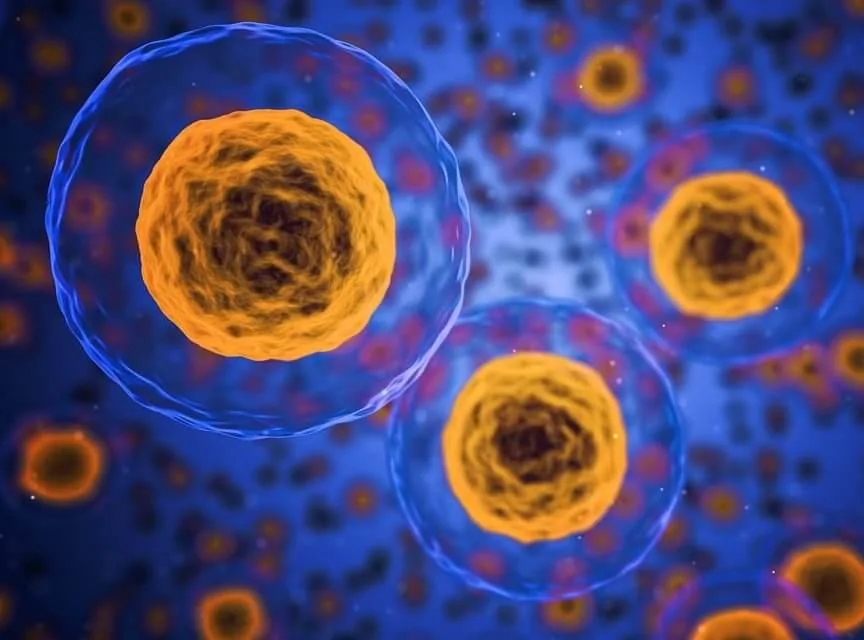Tumour plasticity: call IMI2-2020-20-04
Author
Christa Ivanova, PhD
Status
Keywords
single-cell sequencing
Lab-on-a-chip
spatial imaging
novel drug targets
tumor heterogeneity
drug resistance
disease progression
tumor plasticity
Your microfluidic SME partner for Horizon Europe
We take care of microfluidic engineering, work on valorization and optimize the proposal with you
What we can do, as a SME partner
For the call IMI2-2020-20-04, we can bring our expertise in microfluidic instrumentation and flow management to help you develop a platform for automated single-cell sequencing, thanks to single-cell encapsulation in droplets.
Specifically, the MIC can:
- Propose a user-friendly platform for the automated generation of droplets for cell encapsulation;
- Optimize the fluid handling inside the microfluidic device to limit user intervention as much as possible;
- Enhance the performance of our microfluidics instruments to adapt to your needs.

What droplet microfluidics can do for tumour plasticity and single-cell sequencing?
The overall objective of the IMI2-2020-20-04 call is to use single-cell sequencing to understand and overcome drug resistance in cancer. Microfluidics, particularly droplet generators, are great tools to make single-cell sequencing. It will help to achieve the expected impacts of call IMI2-2020-20-04:
Impact on Academia and SMEs
- Harmonization of protocols for single-cell experiments, development of gold standards for the analysis of single-cell sequencing data
- ⇒ The use of droplet microfluidics as a basis for single-cell sequencing will allow for easy and reproducible isolation for every single cell. The reproducibility of this method, as well as the possibility to partially automate the process of droplet generation and, thus, single-cell encapsulation, will pave the way toward protocol and analysis standardization.
- Enhanced infrastructure in the EU for single-cell sequencing
- ⇒ Thanks to collaboration with academic and industrial partners, we can provide a suitable tool for single-cell sequencing and analysis, with a great impact on the EU economy.
- Improvements in single-cell sequencing and spatial imaging with potential for commercial development
- ⇒ Our objectif within this project will be to provide a user-friendly microfluidic platform for high-throughput and automated generation of droplets, adapted to the market’s needs, to facilitate the implementation of this technology at the industrial scale.
Impact on patients
- Identification of novel drug targets in DTPs and resulting drug combinations that delay or prevent the emergence of drug resistance in cancer
- Better understanding of the contribution of tumor heterogeneity and plasticity to disease outcome, progression, and relapse
- ⇒ Thanks to the use of microfluidics for single-cell sequencing and standardization of protocols and analysis, researchers will have more time to dedicate to results exploitation, thus making significant progress in the understanding and prevention of drug resistance in cancer.
The MIC as a lab-on-chip SME partner
Our SME already brought its expertise in droplet microfluidics to several H2020 projects:

Development of a commercially viable system for the automatic generation of high-throughput, well-defined microdroplets

Automated high-throughput production of monodisperse emulsions with microfluidics

Artificial cells with distributed cores to decipher protein function